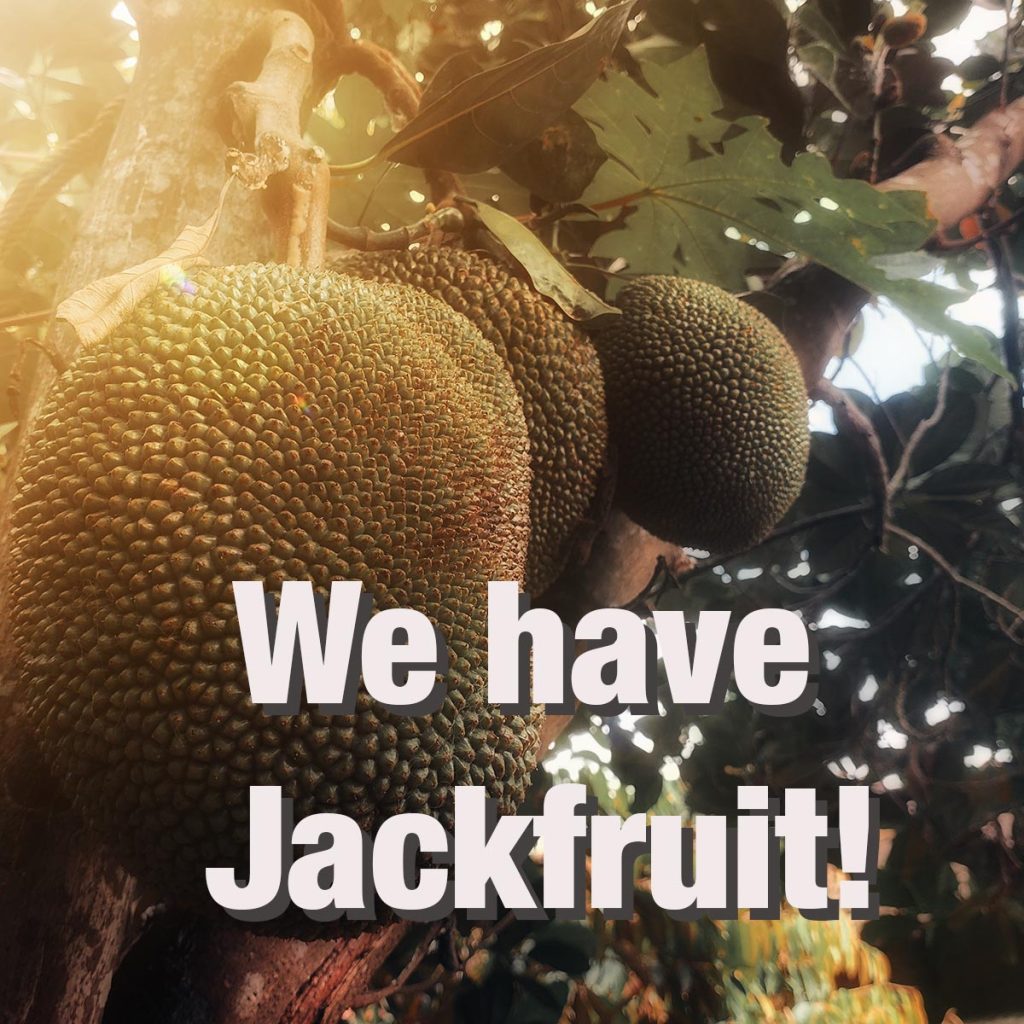Biscayne Prickly Ash (Zanthoxylum coriaceum)
Does this name fail to ring a bell with you? Fret not; you aren’t alone. Biscayne Prickly Ash is among the rarest, and least known, of our state’s native flora. While the small tree occurs naturally from the western Caribbean into Florida, from Palm Beach County south, coastal development has been making it vanish. (It may already be extinct in Palm Beach County.) If not for the alertness of a City of Miami parks naturalist, a small local stand on Virginia Key Beach would have been lost a few years ago. A landscape crew was about to chop down the Prickly Ash trees when the naturalist, Juan Fernandez, discovered them and arranged for their preservation. The small population has since grown, but, according to one account, still only 74 exist natively in the U.S.
Z. coriaceum is worth saving not only due to its status as an endangered species, but also because it is a desirable ornamental tree. Maturing to about 20 ft., it is particularly recommended for properties where space is at a premium. It features oblong, aromatic, glossy green leaves and a fairly tidy growth habit. Its off-white to green flowers occur year-round, and pollinated female flowers produce pea-sized fruits that mature from green to dark brown and attract a number of bird species. Prickles, or spines, that give rise to the common name occur on the trunk and branches, but as the tree ages, the trunk spines give way to interesting corky knobs.
Since citrus trees have been decimated by two diseases, canker and greening, Biscayne Prickly Ash has assumed additional prominence because of its value as a host for the larvae of giant swallowtail butterflies.
The tree is undemanding. It prefers sunny to partly-sunny exposures and well-drained soils. Once established in the ground, it does not require supplemental watering. Biscayne Prickly Ash is available at Richard Lyons’ Nursery in 3-gal. containers.
